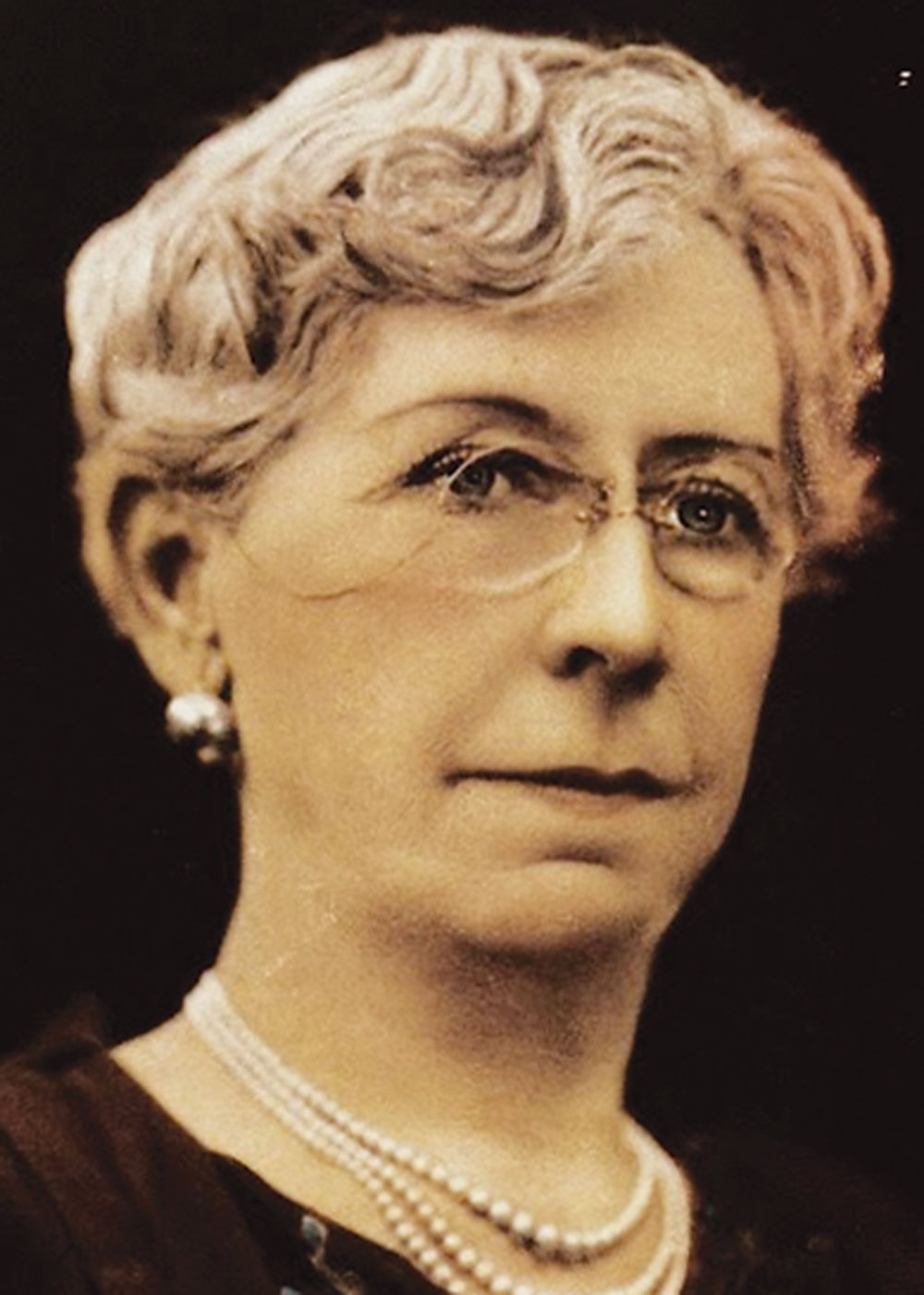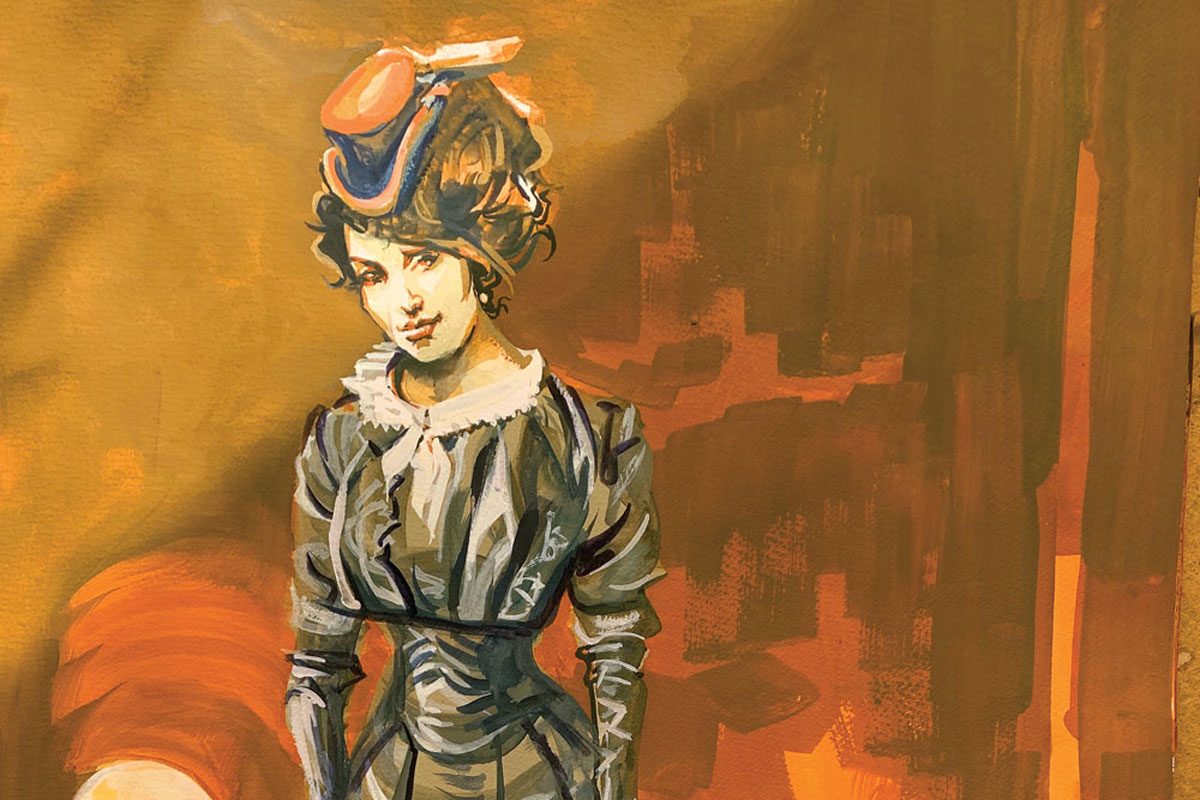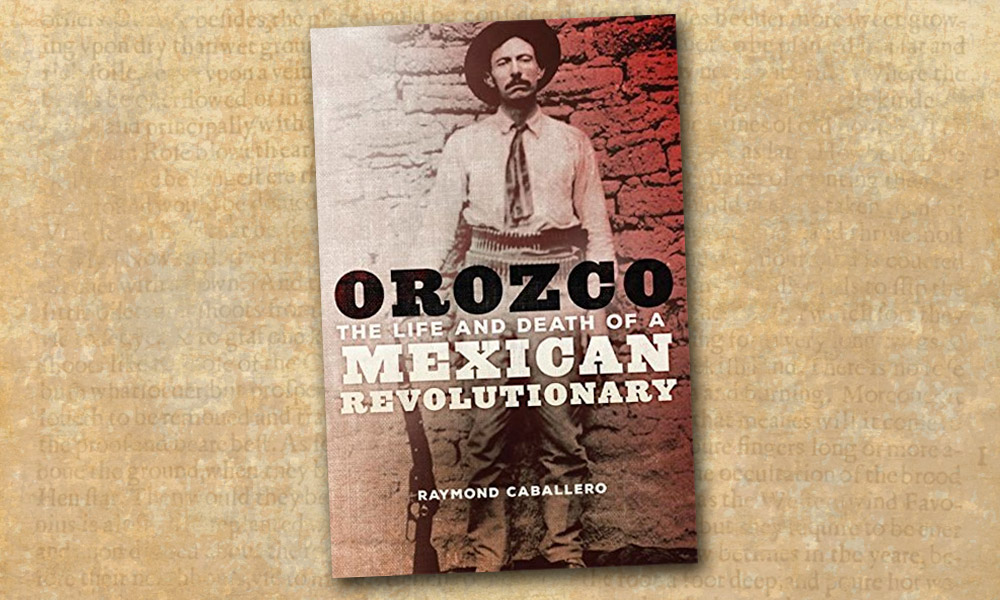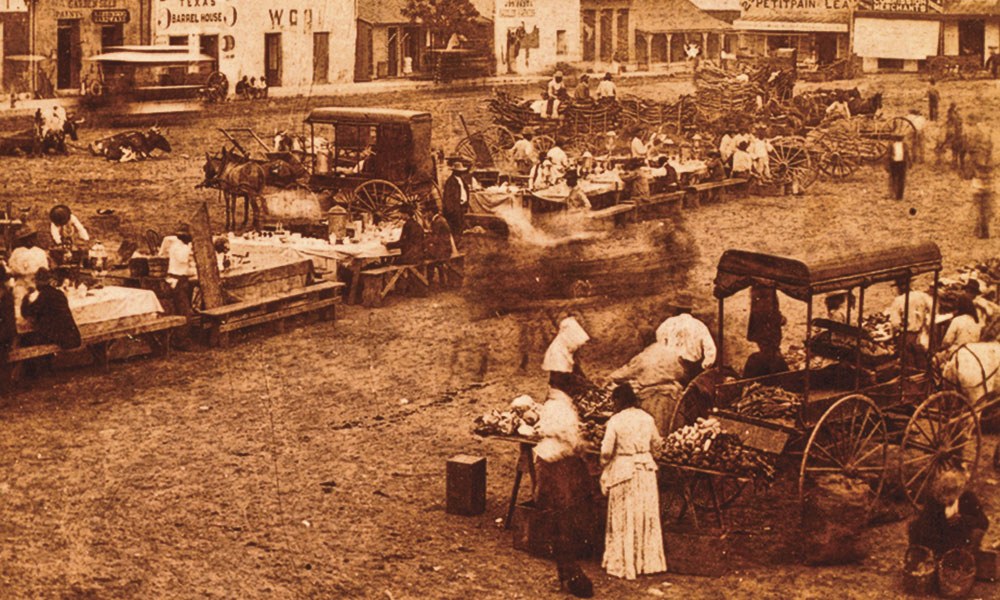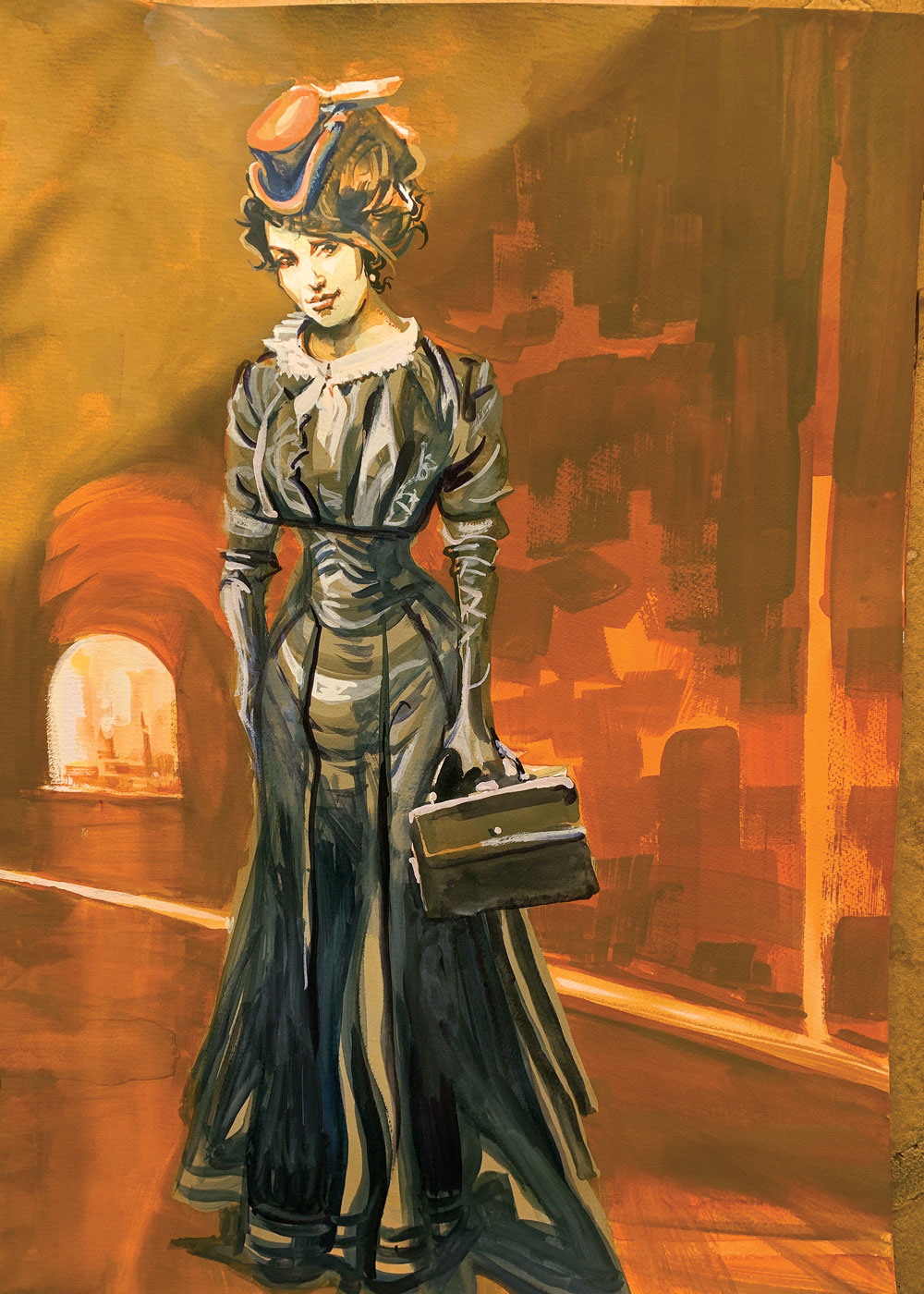
The elements of this story are as old as war—a beautiful spy, betrayal, a warning given and not taken, a pistol left for protection and the destruction of a town—and created one of the most unusual of victories for the revolutionaries in war-torn Mexico. No one, until it was too late, could believe that Helene had deceived them, and so easily. Above all others, Rosa King felt the betrayal more acutely. General Victoriano Huerta “turned to Helene, standing beside me, radiant with triumph and more beautiful than ever. And as he bent low over her hand I little realized what I had done to him and to myself by introducing her…”
Posing as a journalist, Helene doubled as a spy for Pancho Villa and Zapata, thus making her vulnerable in a world dominated by men, and yet that very vulnerability brought her great power and success. As with so many spies, there are, to date, no known photos of the woman, although descriptions of Helene are quite dramatic. She was “dark and fascinating” as a classic beauty who had no qualms about trading sexual favors for military information. As a periodista (journalist) she was given access to military and civilian power centers, and social gatherings.
King and Pontipirani met in Mexico City in 1914. Pontipirani was in demand as a “sophisticated young beauty,” who was constantly invited to all of the best fiestas of the elegant city. She claimed to represent a number of French newspapers covering the Mexican Revolution, and Rosa King was a natural and easy contact because she ran the Bella Vista Hotel, described at the time as Cuernavaca’s finest. King got along well with all sides and was respected by everyone. The rebels needed information on how to best defeat the federales, thus the Romanian correspondent deliberately developed a friendship with Rosa King. Arriving in the pueblo under the wing of Mrs. King, she could observe and report on conditions in that logistically important locale with little suspicion.
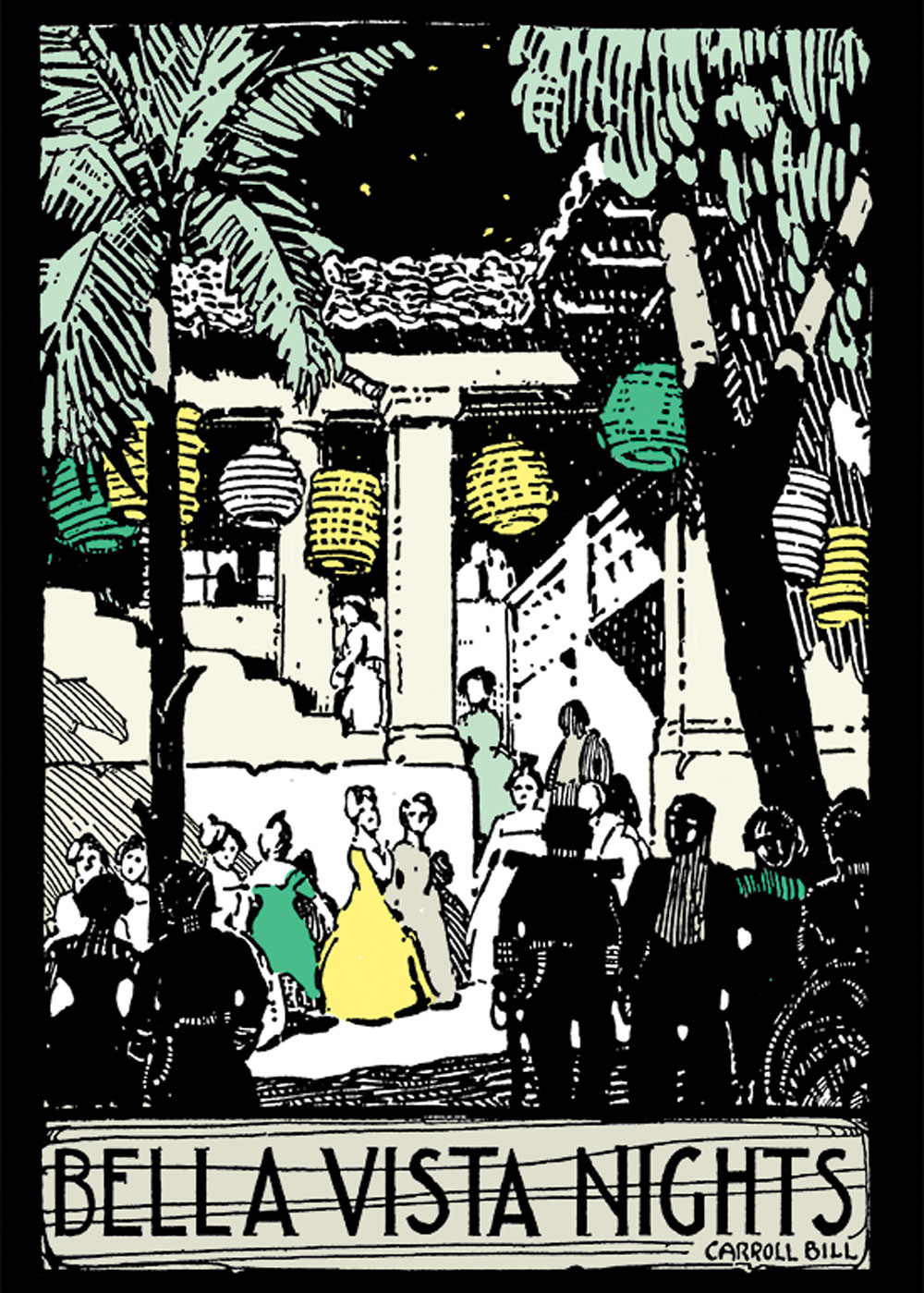
Helene
She also needed to get a travel permit from el presidente, Victoriano Huerta, an incompetent and foolish old man who was easily swayed by a pretty girl’s flirtatious ways. During their visit Helene was described as lovely and patrician, dressed all in gray with a smart hat that showed off her black hair and lustrous curls. “Helene’s eyes fairly darted sparks. That is what I like in people [she said to Huerta], the power, the force that makes things happen…”
Needless to say, General Huerta magnanimously granted the permit, noting he would put a double guard on the train to protect both women. He did warn them, however, to return to Mexico City as soon as possible for their own safety. He was pleasant enough, but in July 1914, a few months after his encounter with Helene, he was ousted from power.
Unfortunately, the violence and chaos of war had caused life in beautiful Cuernavaca to become one of strife and deprivation. The ancient city had an almost abandoned, desolate feel hanging over it, and the valley guarded by the famous Mexican volcanos Iztaccihuatl and Popocateptl appeared that way too. The once-grand homes were boarded up and no one walked the streets after dark. A few vagrants and lonely dogs were reminders of the hardships now facing the people. Fountains no longer graced gardens, and cascading flowers of violet and pink bougainvillea had long since withered. Zapata had first taken the city in 1911, but federal forces forced them to retreat and now it was a cat-and-mouse game. The military officers were bored, and a sense of neglect possessed them even as Helene and Rosa arrived at the Bella Vista.
Rosa wrote: “I could not help laughing at their stupefaction and delight when they caught sight of Helene Pontipirani. It was a long time since they had seen a girl like that. The girl herself ignored them. Only her heightened color and a subtle accentuation of her grace revealed that she was aware of the frank Latin stares. She went upstairs to her room immediately, carrying the small bag she had brought. I recall now that she would let no one else touch it.”
Changing Personalities
Once settled in, her real work began. She changed personality almost overnight and began to flirt and become so popular with the militares that they competed for her to accompany them on rides or to galas. It appeared that she would do anything to get them to talk and reveal locations, plans, movements of soldiers to and from various strategic sites. King was dismayed and troubled by this sudden change in behavior. She tried to warn Helene that as a stranger in Mexico she needed to abide by cultural mores of behavior appropriate for single young women of that era. Pontipirani laughed at and ignored Rosa’s pleas. Helene was at ease with these violent men and the fawning younger officers. Many, at their own peril, fell to her charm.
Pontipirani was often accompanied by the commanding general of the area and through him we now understand her final treachery. As mysteriously as she came into the community, so too did she prepare to depart, and suddenly one morning, she was granted a permit to leave for the north. At this juncture Helene felt that she should at least warn Señora King of pending danger and thus she urged Rosa to accompany her—to take the same train on which the spy was traveling. Because she respected and actually liked Rosa, she explained perhaps more than she would have ordinarily. Exiting immediately with her would be the only way King could safely reach Mexico City in the near future.
King refused to leave her beloved hotel and employees. Obviously frustrated, Pontipirani presented her with a pistol for her protection, however King declined the offer of a weapon. Nonetheless, Pontipirani left the pistol behind in a final gesture—bittersweet, no doubt—but still hoping to protect a woman she had grown to admire.
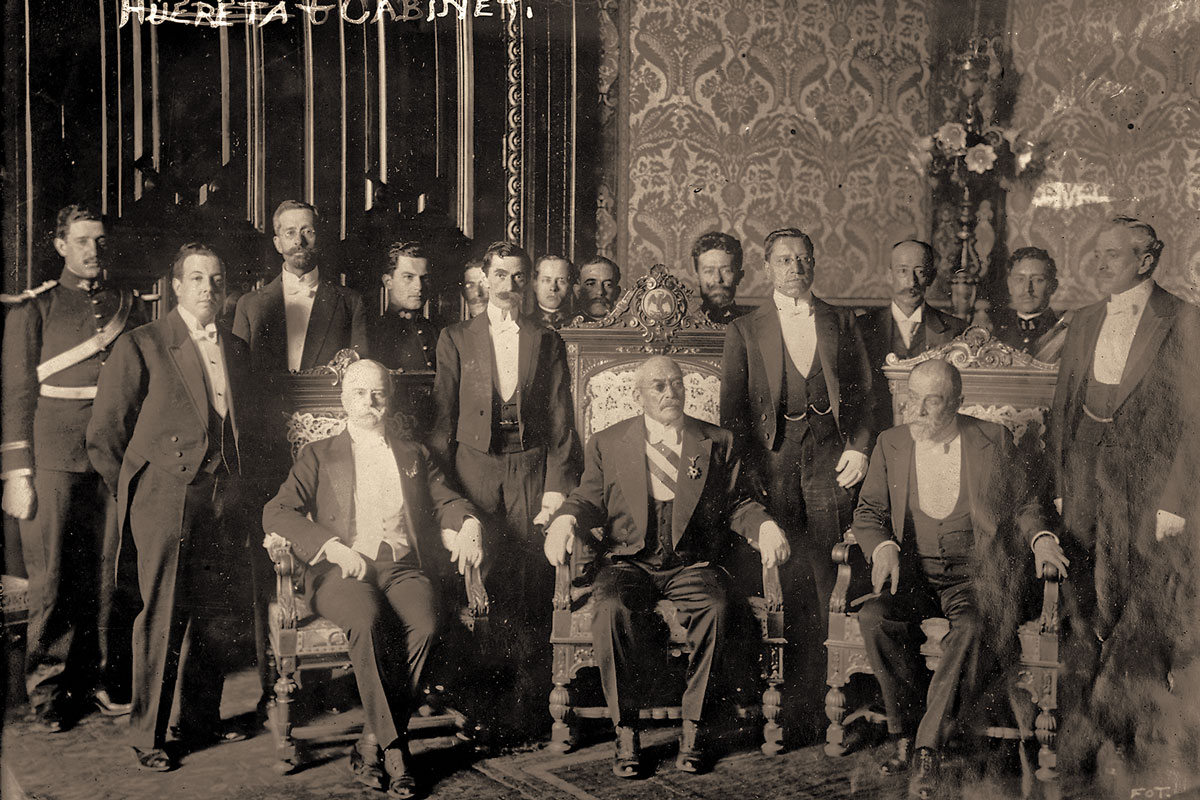
Abandoning Cuernavaca
Shortly after the train departed, the rails were destroyed by a powerful dynamite blast. It was not only the terrible destruction of the rails and train being blown all to hell, but the only rail line to Mexico City was no more, and beautiful Cuernavaca was left to the mercy of Zapata. (He laid siege to the city in May of 1914. It fell in August, but then he lost control in this seesaw of counter moves in 1916.) Nevertheless, the damage had been done and the federales were doomed, as well. Twisted wreckage of the train and people’s broken bodies were scattered everywhere. The ultimate death of over 6,000 people made this a huge win for the rebels in 1914.
Pontipirani wrote to Rosa King after her departure from Cuernavaca. In the letter, Pontipirani explained her position and begged King’s forgiveness for her part in the destruction of Cuernavaca. She reminded King that she had left a warning and even a pistol. But King apparently was not in a forgiving mood. She never replied. Rumors floated back to her in Cuernavaca that the body of a beautiful younger woman had been found in a canyon near the train wreck, but then once she received the note from Helene, King realized the woman had survived and would continue her dangerous game with history.
Along with thousands of Cuernavaca’s residents, Rosa King had to abandon the city. Their flight through the mountains was a traumatic experience. Attacked repeatedly by bandits and other starving refugees, they were often killed by bullets but just as much by starvation, fatigue, cold and lack of water. And Rosa was haunted by the words of the commanding general when he told her that Helene was really a spy for Villa! His men had caught several traitorous campesinos (peasants) with handwritten messages from Helene to posts outside of the city. Each one was damning, and the carrier was shot on the spot, but no one knows how many of them got through. Apparently enough did so that the timing was perfect—and damage and carnage overwhelming.
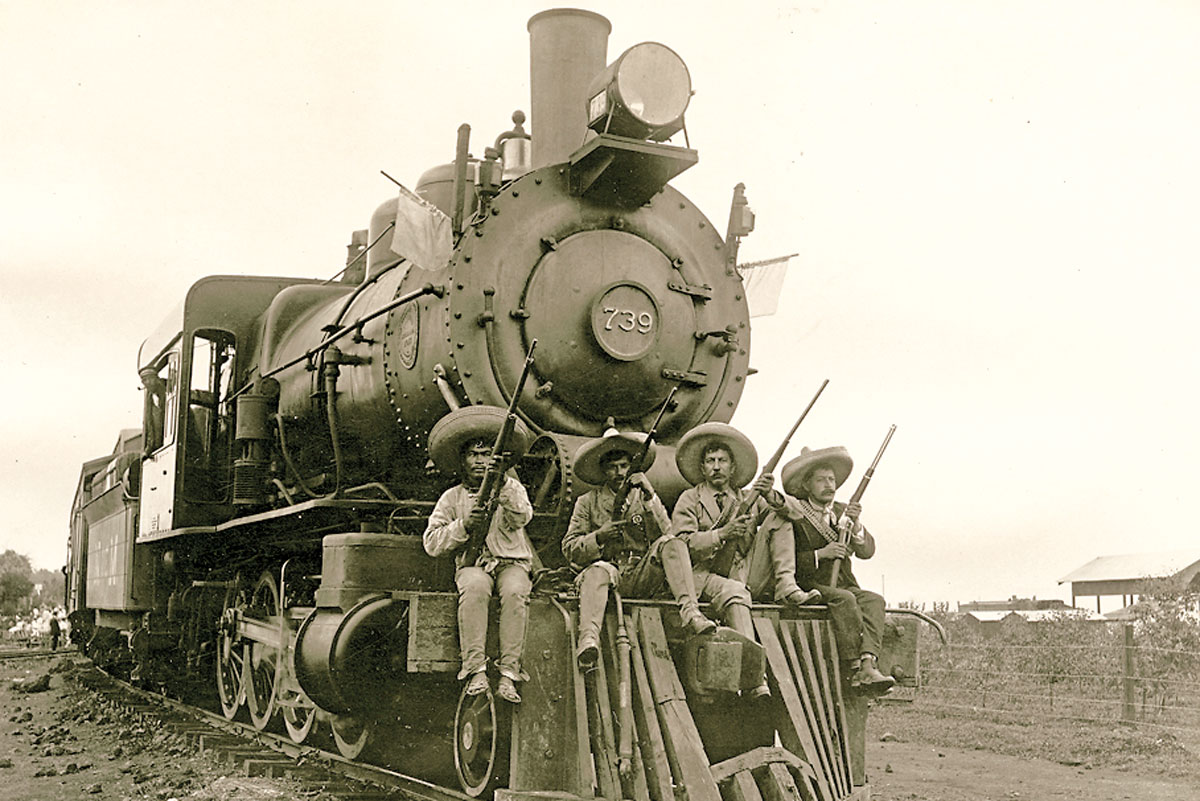
– Courtesy Phil Spangenberger –
The Villa Mystique
The mystique of Villa and his appeal to the people was undeniable. Some feared and even hated the man, but they believed in the revolution. He brought together many individuals who were opposites like Helene, King, General Angeles, General/President Huerta, President Madero, Zapata and many others. Villa gathered to his side and on the battlefield some of the most cultured and distinguished people of his time, and, despite his crude ways, they all understood for the times, he was the general who could get things done…at least in the beginning years. Helene Pontipirani had bragged to Rosa King much later that she worked for both men in their fight for justice against the wealthy hacendados.
King wrote that Villa was “the picturesque ruffian from the north in whose service Helene Pontipirani had betrayed Cuernavaca and me… I often wondered why, of all the Revolutionary leaders it had been Pancho Villa who won the allegiance of Helene… Stories of her escapades in other lands have drifted to my ears, but I am sure that she was not a spy for merely mercenary reasons. I think there must have been…something decadent in her that was fascinated by brutal, primitive strength… Helene, that wild girl who left misery and suffering from the time she exited her parents’ home…”
Eventually the people won, and Helene disappeared into the mists of time. Did she die of ill health? Was she caught and executed, or did she escape to Europe or the United States and continue her very dangerous game for other revolutionary movements? The beginning drumbeats of yet another war were being heralded with the opening shots of World War I (1914-1918). Her talents would be very useful there too.
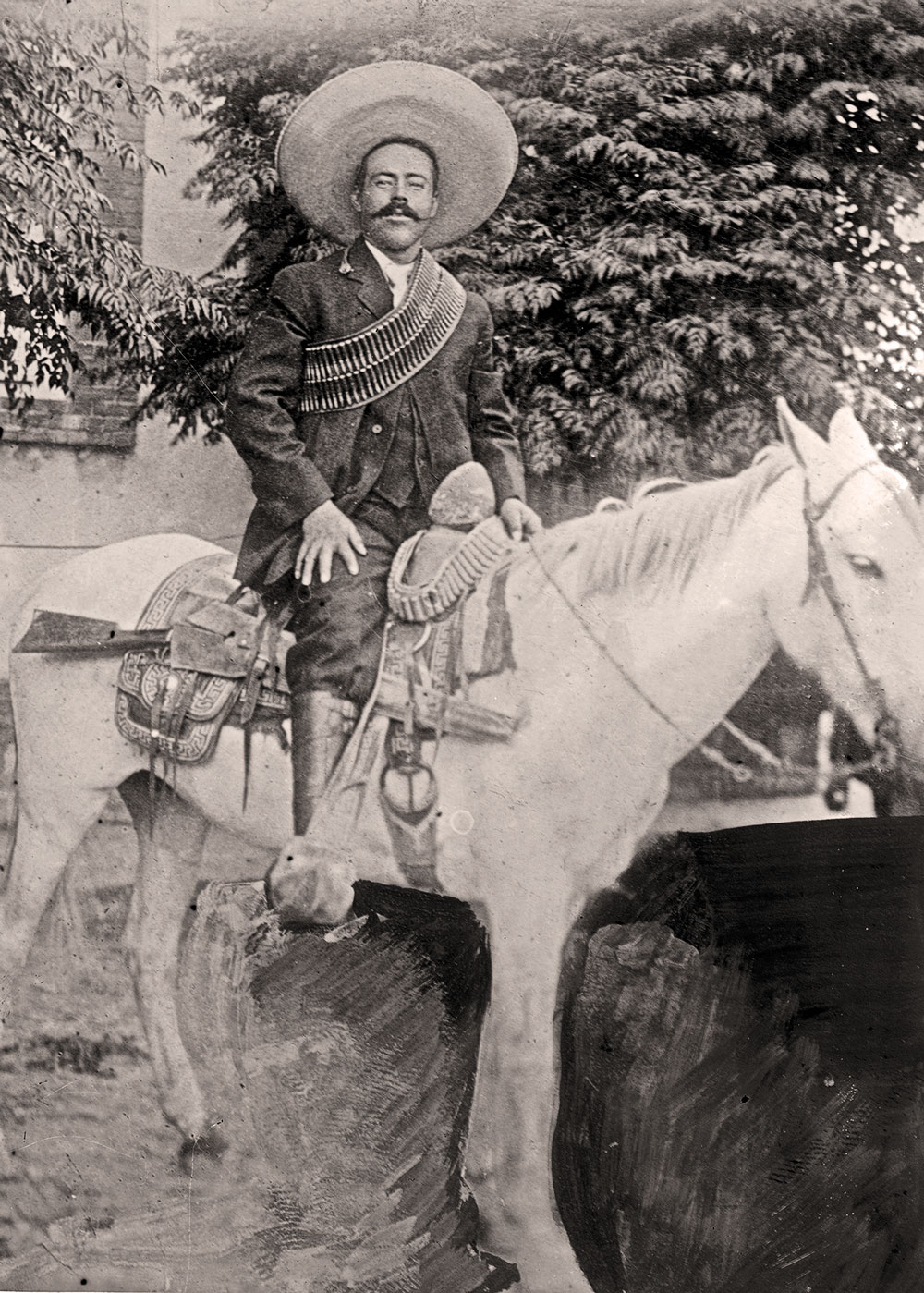
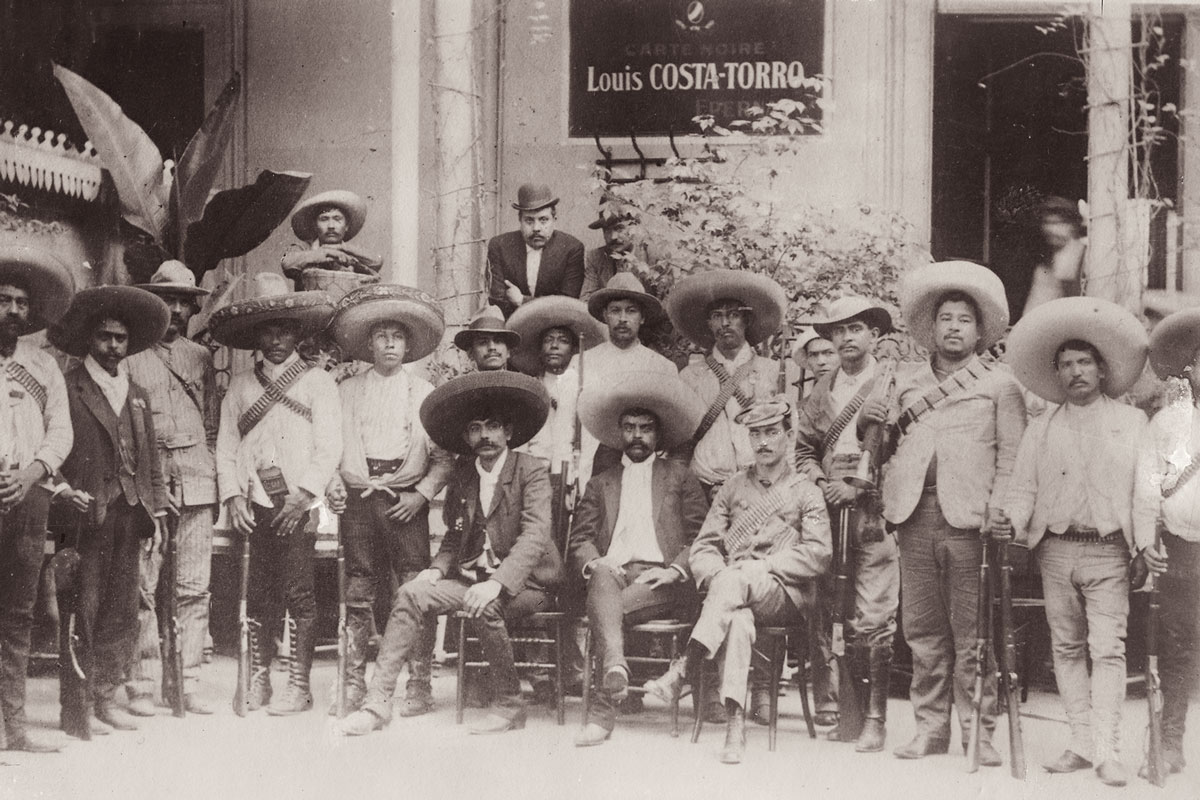
Rosa Eleanor King: A Woman of the World
Rosa King was a “proper” English lady who ultimately preferred adventure to the usual life led by a woman of her position. Born in India in 1867, Rosa was raised on a tea plantation during the years of the British Empire’s exciting expansion. Fate brought her to Mexico where she married and was later widowed in 1905. It was a dramatic and life-changing experience for her. Always facing challenges head-on, she turned to the world of Aztec, conquistador and revolutionary battalions. Restoration of an almost 400-year-old ruin of a hacienda’s manor house in Cuernavaca took up her time during those early years, and she named it the Hotel Bella Vista. People from all walks of life came through the magical doors of the hotel, and into her tearoom, or, if staying the night, they enjoyed dances and company of militares, leaders and counter revolutionaries. Rosa was known and respected by all sides, and her hotel was “neutral ground.”
She wrote: “I should probably have left with the other foreigners when the revolutionary troubles began. As it was, when I invested everything I had in the Bella Vista, I cast in my fortunes with the town; and from that time on everything that happened to Mexico was bound to happen to me also.”
Helene Pontipirani, for a while, was part of the exciting give-and-take of those afternoons and evenings, but she also helped destroy a genteel lifestyle never to be experienced again. That Rosa was devastated by the betrayal is well documented in her 1935 autobiography, Tempest Over Mexico. It was more a biography of the town she called home, written in her beautiful poetic style, and it is there that she was buried in 1955. No doubt, when Rosa departed her beloved Cuernavaca on the final journey, those who had survived the tragedy of the Mexican Revolution, and fled with her over the rugged mountain trails, also sensed that “the wings of our hearts fell” as the thud-thud of la tierra mejicana fell upon her coffin. The old-timers who knew her as the “Duchess of Cuernavaca” also were the ones who understood that surviving the brutal destruction of the rail line between Mexico City and Cuernavaca and living the remainder of her life in an exotic and dangerous land was an astounding tribute to this gutsy and talented Englishwoman.
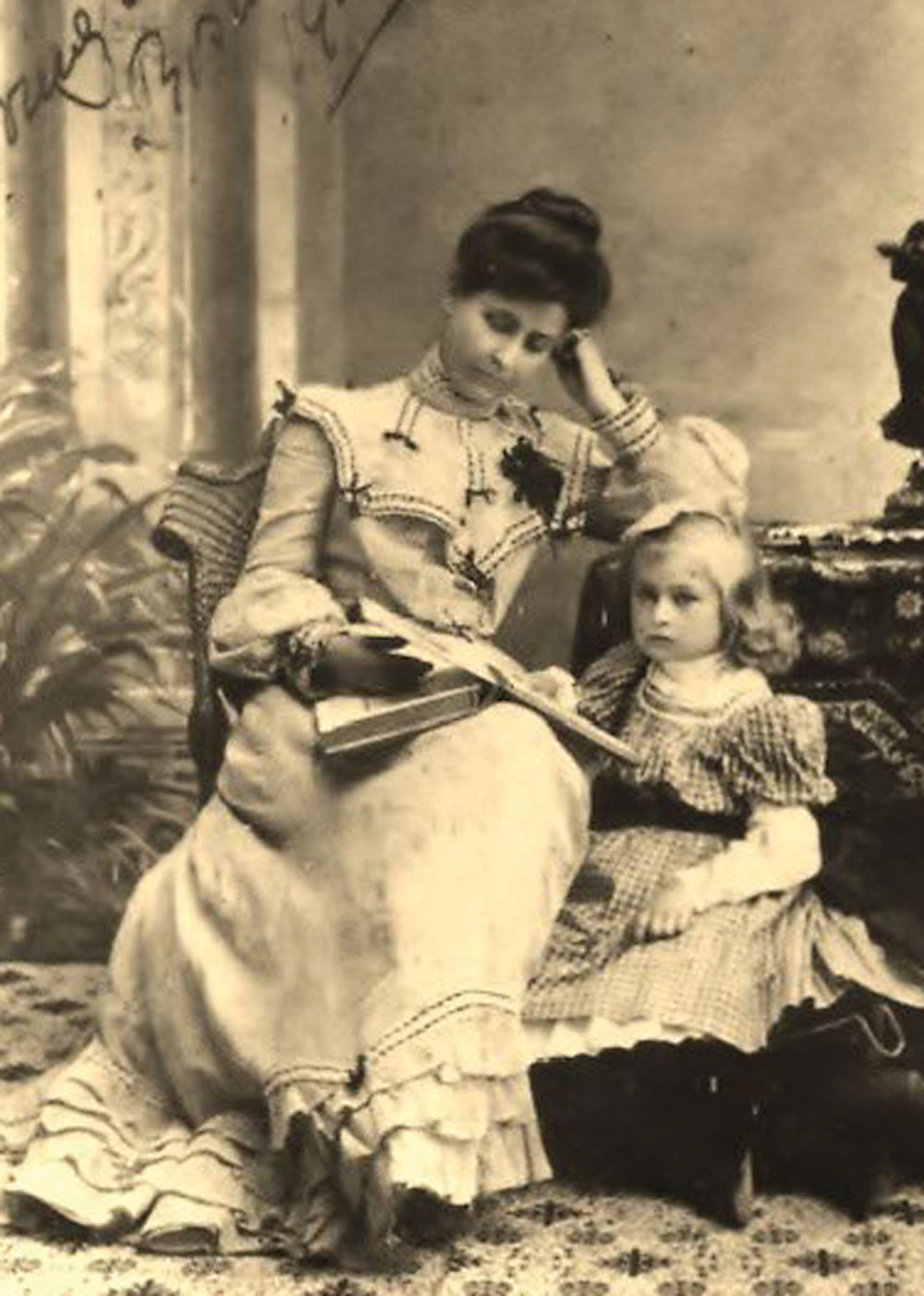
– Image Courtesy the Rosa King Family –
